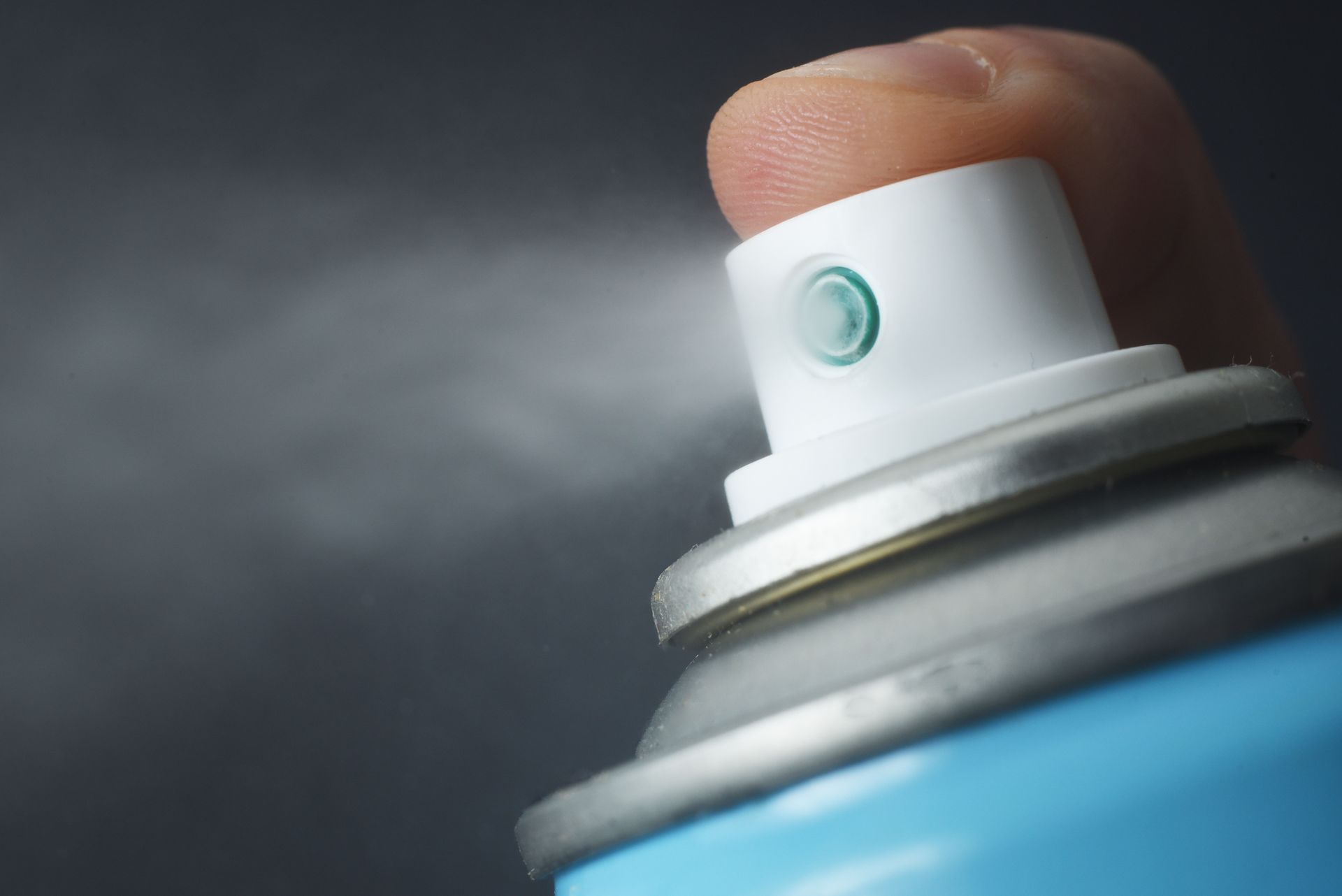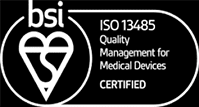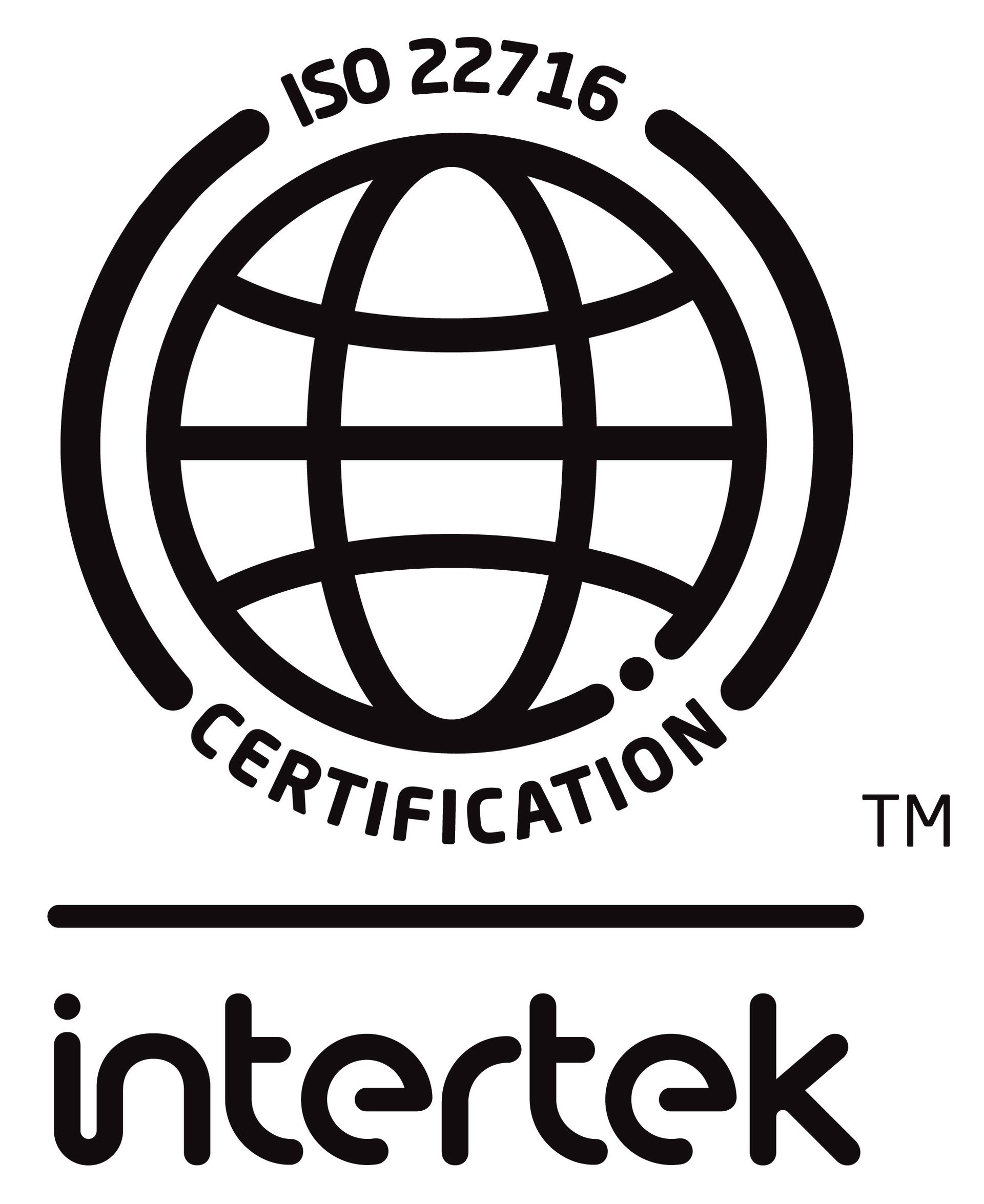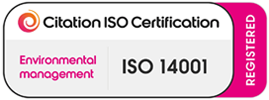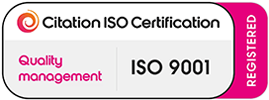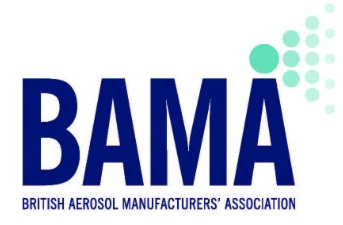Research About Developing Aerosols in the UK
The development of aerosol products in the UK involves a combination of technical expertise, compliance with strict regulations, and a focus on sustainability and innovation. As aerosols are widely used across industries—from personal care to industrial applications—it is important to understand the landscape of aerosol development, including regulatory requirements, safety measures, and market trends.
Aerosol Industry Overview in the UK
The UK is a global leader in aerosol production, with over 1.5 billion cans produced annually (Source: British Aerosol Manufacturers' Association, BAMA). The industry contributes significantly to the economy, employing thousands of professionals across research, manufacturing, and distribution. Some of the most common applications include:
Some of the most common applications include:
| Application | Percentage of UK Aerosol Production (2022) | Source: BAMA |
|---|---|---|
| Personal Care | 64% | BAMA |
| Household Products | 20% | BAMA |
| Industrial Use | 10% | BAMA |
| Other Applications | 6% | BAMA |
Key Regulations Governing Aerosols in the UK
Aerosol products in the UK are strictly regulated to ensure safety, environmental responsibility, and product efficacy. Key regulations include:
- The Aerosol Dispensers Directive (ADD) (2009/48/EC): Governs labelling, safety tests, and the maximum pressure of aerosol cans.
Source: Health and Safety Executive (HSE) - Classification, Labelling and Packaging (CLP) Regulation: Aligns with the Globally Harmonised System (GHS) to ensure proper classification and hazard communication.
Source: HSE - F-Gas Regulation: Aims to reduce the environmental impact of fluorinated greenhouse gases used in aerosol propellants.
Source: UK Government
Sustainability Trends in Aerosol Development
Sustainability is a growing focus in aerosol research, with manufacturers adopting innovative measures to reduce environmental impact. Some of the current trends include:
- Recyclable Materials: Over 95% of aerosols in the UK are made from fully recyclable aluminium or steel.
Source: British Aerosol Manufacturers' Association (BAMA) - Low-Impact Propellants: A shift towards hydrocarbon and compressed gas propellants to reduce greenhouse gas emissions.
Source: European Aerosol Federation (FEA) - Waste Reduction Initiatives: The UK has robust recycling schemes, enabling consumers to recycle aerosol cans via household waste collections.
Source: UK Government
Key Steps in Developing Aerosols
For those researching aerosol development, the process typically includes:
- Concept and Formulation: Defining the product’s purpose and developing a stable formulation.
- Safety Testing: Conducting flammability, compatibility, and stability tests to ensure product safety.
- Regulatory Compliance: Meeting the requirements of ADD, CLP, and other applicable regulations.
- Packaging and Design: Selecting materials that balance functionality, aesthetics, and sustainability.
- Market Testing: Ensuring the product meets consumer needs and expectations through trials.
Hydrokem Aerosols Ltd. offers comprehensive support for each of these stages, combining decades of expertise with state-of-the-art facilities to bring innovative products to market efficiently.
Importance of Aerosol Research in the UK
Aerosol research plays a critical role in driving innovation, addressing environmental concerns, and ensuring safety. For example:
- Innovation: Advanced formulations for drug delivery systems in medical aerosols.
Source: National Health Service (NHS) - Environmental Focus: Research into biodegradable aerosols to reduce landfill waste.
Source: UK Environment Agency - Safety Standards: Development of improved valve technologies to prevent leakage and accidental discharge.
Source: HSE
This comprehensive approach ensures the UK remains at the forefront of aerosol innovation, supported by strict regulations and forward-thinking manufacturers like Hydrokem Aerosols Ltd.
Frequently Asked Questions about Developing Aerosols in the UK
What is the process for developing a new aerosol product in the UK?
Developing a new aerosol product typically involves idea generation, formulation development, packaging design, and regulatory compliance. Companies like Hydrokem Aerosols Ltd. specialise in guiding businesses through this process, offering tailored solutions from concept to production, ensuring the product meets all UK and international standards.
What are the key regulations for aerosol products in the UK?
Aerosol products in the UK must comply with strict regulations, including the Aerosol Dispensers Directive (ADD) and Classification, Labelling, and Packaging (CLP) regulations. Hydrokem Aerosols Ltd. ensures that all products meet these legal requirements, offering expertise to navigate compliance efficiently.
How long does it take to develop and launch an aerosol product?
The timeline for developing and launching an aerosol product depends on factors such as complexity, testing requirements, and regulatory approvals. On average, it can take 6–12 months. Hydrokem Aerosols Ltd. helps streamline the process, ensuring timely delivery while maintaining quality and compliance.
Can I customise aerosol formulations to meet specific needs?
Yes, customising aerosol formulations is common and allows brands to differentiate their products. Hydrokem Aerosols Ltd. specialises in creating bespoke formulations tailored to unique customer needs, ensuring high-quality results and market-ready solutions.
What types of packaging are available for aerosol products?
Aerosols can be packaged in various sizes and materials, including aluminium, tinplate, and plastic. Hydrokem Aerosols Ltd. provides guidance on selecting the best packaging for your product based on functionality, cost, and environmental considerations.
Are environmentally friendly aerosol options available in the UK?
Yes, eco-friendly aerosols are increasingly popular. These include products using recyclable materials and low-impact propellants. Hydrokem Aerosols Ltd. supports the development of sustainable aerosols, aligning with the growing demand for environmentally responsible products.
How can I ensure the safety of my aerosol product?
Safety is paramount in aerosol development. This includes stability testing, compatibility checks, and adherence to safety standards. Hydrokem Aerosols Ltd. conducts thorough testing and quality control to ensure all products are safe for consumers and the environment.

